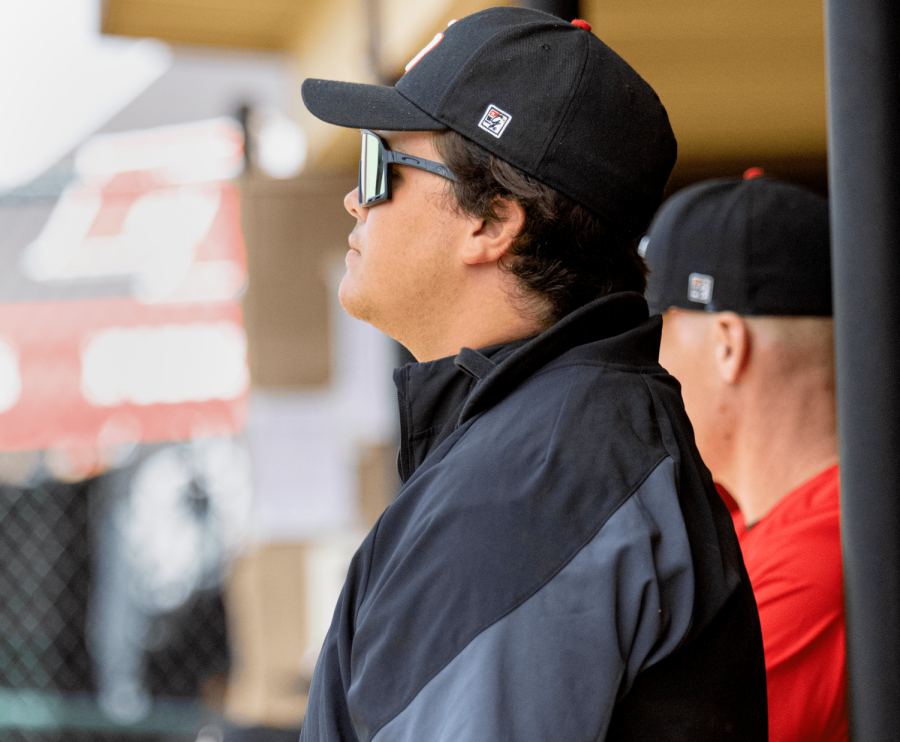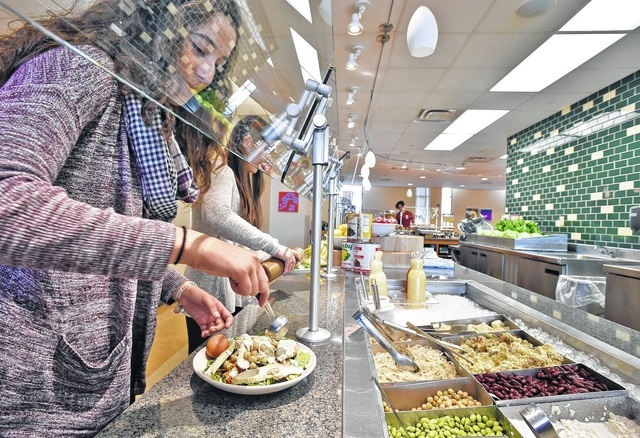 The holiday season has finally come and by now, most of us have survived the grueling gauntlet of finals; it is a time for gift giving, Christmas carols, hot cocoa, warm fireplaces and general good cheer.
The holiday season has finally come and by now, most of us have survived the grueling gauntlet of finals; it is a time for gift giving, Christmas carols, hot cocoa, warm fireplaces and general good cheer.
Oftentimes, however, there are hidden costs in many of the presents we give that distort the sense of good will the season is meant to engender.
According to the International Labour Organization (ILO), there were approximately 215 million child laborers working around the world in 2010, of which 115 million worked in hazardous conditions.
While that statistic may seem out of place when talking about Christmas or giving gifts, in reality it is all too relevant because many of the goods we purchase are in some way touched by it.
During the mid-1990s, Nike became infamous for sweatshop labor in connection to its supply chain that used children to make their products.
As recently as 2009, Apple had similar problems in which a number of workers in their Chinese factory were found to be underage, according to a report by the Huffington Post.
Even though companies like Apple and Nike have supplier codes of conduct in order to enforce better working conditions and raise environmental standards for the companies they operate with overseas, many of the issues raised in the past surrounding labor continue to be a concern.
A report from the International Labor Rights Forum (ILRF) indicated child labor in the soccer ball industry persists to be a problem as of the World Cup in 2010. The major participants in the soccer ball industry, such as Nike and Adidas, took a lot of flack for their involvement in the 1990s.
Many of the current standards for the supply chains of large manufacturing companies were made in response to the public outcry of the 1990s, but the ILO and ILRF still report the prevalence of child labor.
It is easy enough to chalk the problems up to these companies not doing enough, which may be the case, but it ignores the complexity of the system in place.
It is in part lax standards by countries like Pakistan, Vietnam and China, which allow for bad labor practices to persist and generate low costs that attract multi-national corporations.
In China, it’s not just lax standards but also the willful manipulation of the auditing system, which allows labor abuses to continue. An article published by Businessweek in 2006 revealed some Chinese factories in connection with Wal-Mart actually kept two sets of books in order to evade auditors.
Labor abuses are not just confined to sporting goods, cheap Wal-Mart items or high tech gadgets; they are widespread. For children it exists in crop agriculture, fishing and aquaculture, domestic work, manufacturing, mining, quarrying, construction and the service sector, according to the International Programme on the Elimination of Child Labour.
The International Textile, Garment and Leather Workers’ Federation carried out research in major sportswear countries that connected Abercrombie & Fitch, Victoria’s Secret, North Face, Old Navy, Puma, Banana Republic and a long list of other large brands to factories that directly violated labor standards.
The report was published in April and listed specific grievances of forced overtime, dismal wages and prevention of unionization of workers.
Not to depress you too much, but things are messed up.
There are fair trade certification systems in place that attempt to ensure more equitable practices in all levels of the supply chain, but the number of corporations involved is tiny in comparison to overall industry and mostly limited to things like coffee.
For example, Fair Trade USA partners with all the coffee companies that have a presence at CSU East Bay, such as Java City, Peet’s Coffee & Tea and Starbucks Coffee Company, in order to ensure better business practices.
Still, the ugly sweater, reindeer underwear or tube socks you know some family member is going to buy you this Christmas is very likely to be tainted by the corporate chain that takes advantage of the world’s poor.
 It is our responsibility in the spirit of the season – for whatever holiday you celebrate – to be more discerning when we buy our gifts. Make it a priority to purchase presents from more ethical companies, fair trade partners or even let management know you won’t stand for labor abuses.
It is our responsibility in the spirit of the season – for whatever holiday you celebrate – to be more discerning when we buy our gifts. Make it a priority to purchase presents from more ethical companies, fair trade partners or even let management know you won’t stand for labor abuses.
Make this holiday season one of good cheer that doesn’t rely on the suffering of the others. ‘Tis the season to be jolly, and let’s celebrate it in good conscience.











